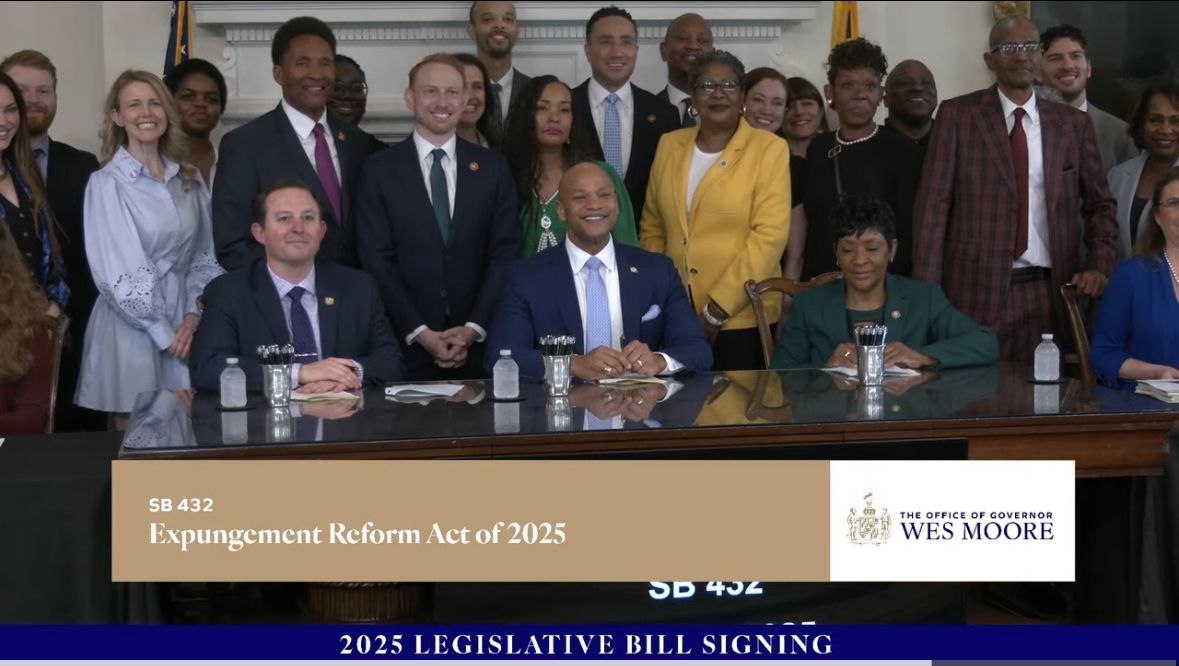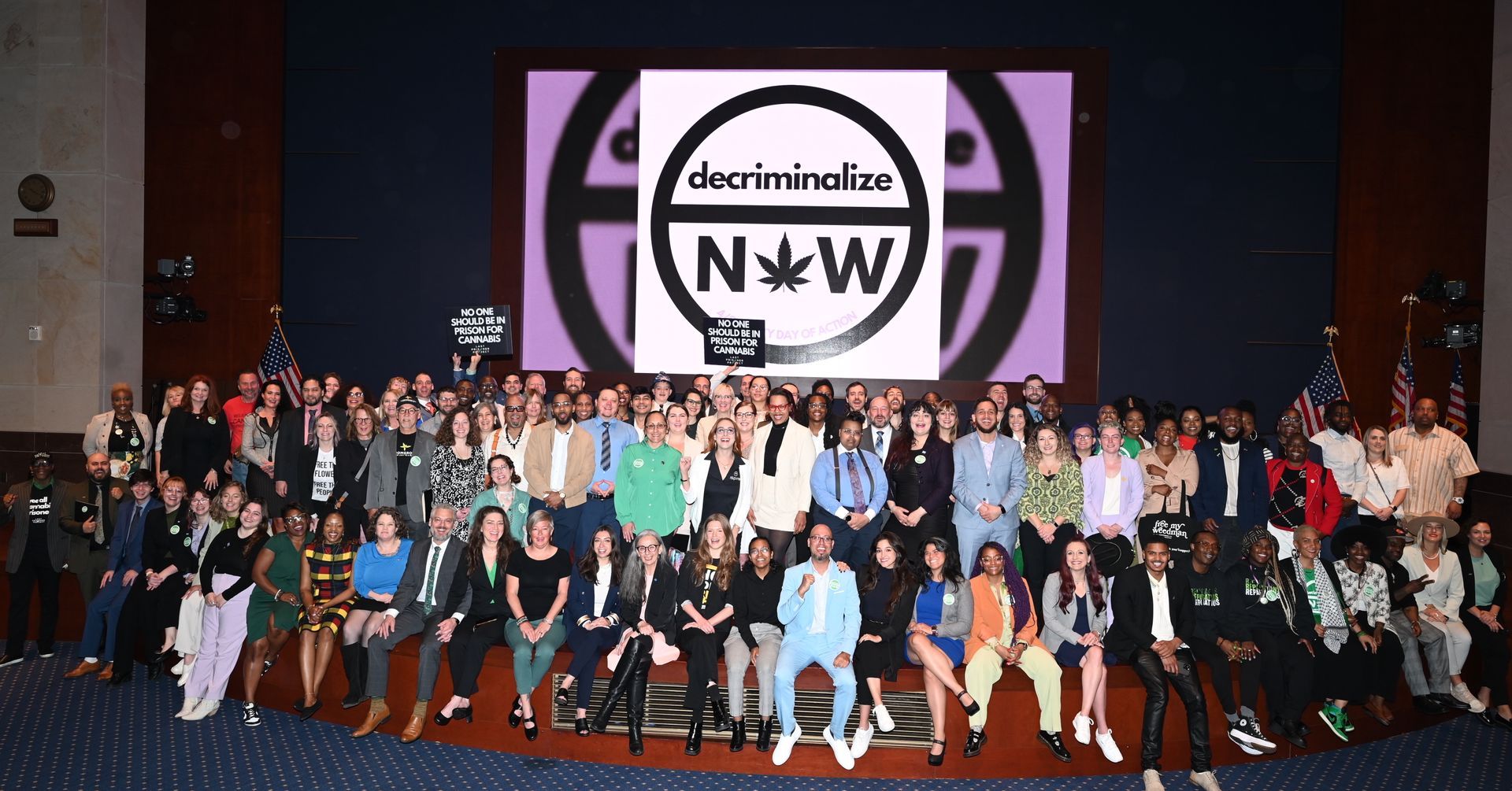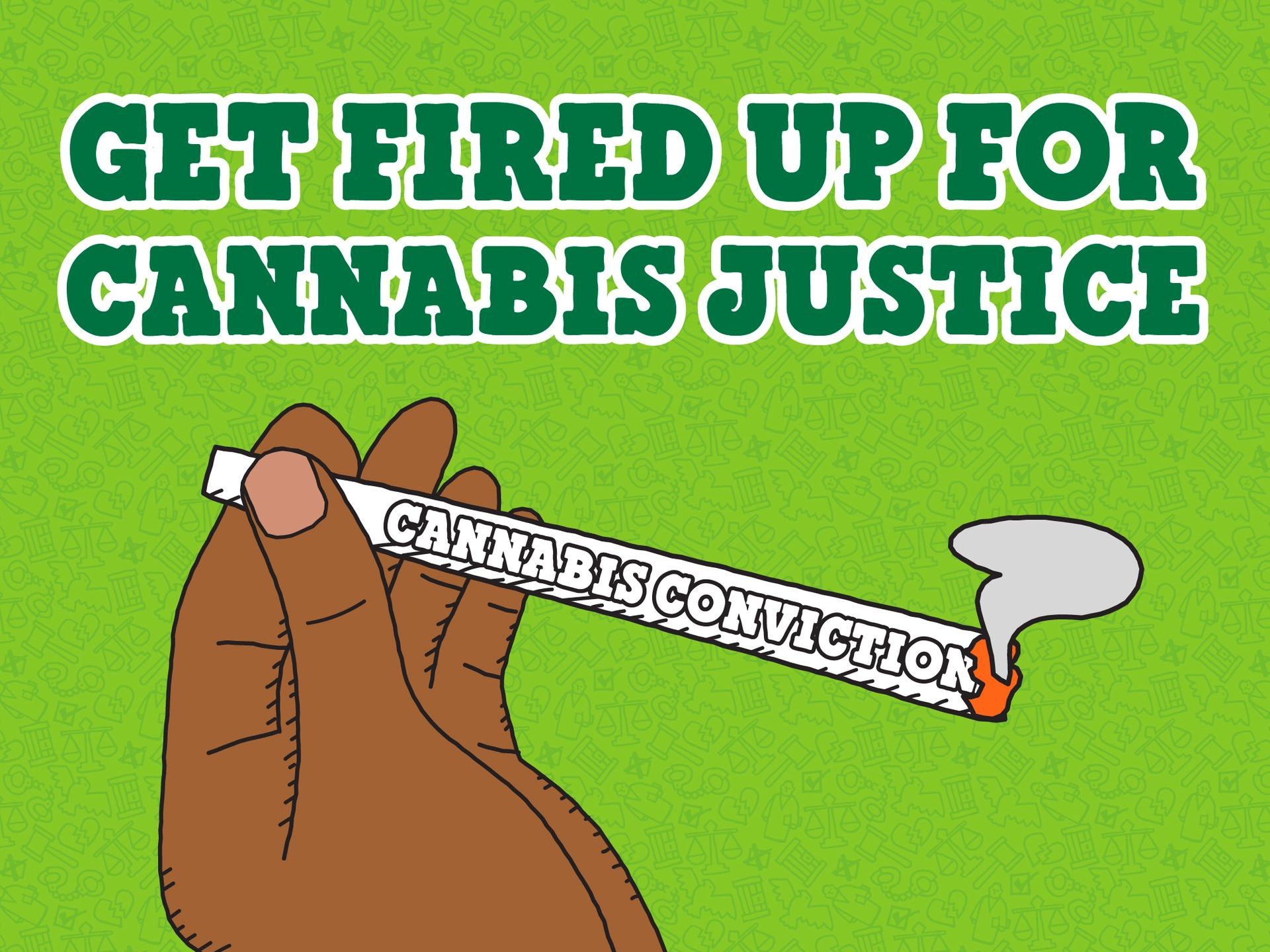Towards An Intersectional Lens on Cannabis Criminal Justice Reform
LPP's Director of Impact is working to facilitate a more inclusive cannabis justice conversation by exploring the ways key voices and perspectives are overlooked.
Our current cannabis justice movement suffers from a major pedagogical problem.
“Pedagogy” (noun)
- the method and practice of teaching, especially as an academic subject or theoretical concept.
A pedagogical problem refers to a problem dealing with how we conceptualize, teach, and talk about something– in this instance, the issue of cannabis justice.
More specifically, cannabis justice research– which we rely on– suffers from an incomplete framework for analysis. All of us– community members, movement leaders, and decision-makers – should care about research because it directly impacts our ability to understand and solve our problems. Leading cannabis justice research and rhetoric, like most dominant justice research and rhetoric, fails to consider the implications of intersectionality. More specifically, the research we count on to guide our cannabis justice movement excludes the voices and experiences of Womxyn and Lgbtq+ communities (*not mutually exclusive*).
This exclusion– or oversight– is a major mistake. Folks who are multiply marginalized by systems of cannabis criminalization have distinctive experiences and narratives resulting from their holding intersecting identities of race, gender, and sexuality. Meaning– when you are Black & womxyn, or brown & trans, or indigenous & queer– you experience systems of policing and punishment distinctively and differently. Failing to consider experiences that society deems “non-normative” contributes to a critical misrepresentation of what and how big our cannabis justice problem is.
Currently, cannabis justice scopes the problem of “cannabis criminalization & justice” solely through the experience of cis-gender, heterosexual men– which is de facto deemed the “normative” justice experience. This necessarily means that we are only exploring and considering solutions informed by the experience of cis-gender, heterosexual men. The consequence of such an exclusionary framework of analysis in research and discourse starts with the erasure of a vast cross-section of directly impacted people– and ends with real harm. If we exclude voices and experiences that should be included when discussing harm, healing, and justice—we fail before we begin. Exclusionary frameworks cause harm because they lead us to spend time, money, and energy on solutions that are based on an inaccurate and incomplete understanding of the problem we seek to solve. This creates an environment for harm to be perpetuated and compounded via the unintended consequences of well-intentioned solutions– a theme we have seen last too long in U.S. justice reform efforts. Exclusionary frameworks stifle movement efforts by excluding people, experiences, and narratives—truths to be reckoned with and considered.
Why is excluding Womxyn a problem?*
According to an Essie Justice Report “Because She is Powerful '' at least one in four womxyn have an incarcerated loved one.
Womxyn are the fastest-growing correctional population in the U.S., the carceral capital of the world, making the issue of womxyn’s incarceration one of global significance. Over the past 35 years, total arrests have risen 25% for womxyn, while decreasing by 33% for men, and the increase among womxyn is largely driven by drug-related offenses. During these 35 years, drug-related arrests increased by nearly 216% for women, compared to 48% for men. Indeed, we are missing a critical piece of the puzzle when we fail to consider gender as a unit of analysis of the cannabis justice problem. When womxyn experience policing and punishment, the consequences are far-reaching in ways that we have yet to fully understand and appreciate. The majority of incarcerated womxyn are primary care providers to children and are often the primary wage earner in the household because of the lasting impacts of the massive removal and incarceration of black and brown men. “Women with incarcerated loved ones include formerly incarcerated women. Women with incarcerated loved ones include currently incarcerated women. Women with incarcerated loved ones love and support people of all genders behind bars. Women with incarcerated loved ones are cisgender, transgender, and gender non-conforming.”
Why is excluding Queer & Trans communities a problem?
Queer and Trans people are overrepresented in incarceration & arrest rates, and these disparities increase dramatically when looking at the incarceration of womxyn & juvenile girls. When we take a closer look at the womxyn most impacted by carceral systems of policing and punishment we see that queer and non-binary womxyn are disproportionately impacted, making sexuality & gender identity factors that must be considered when trying to understand and solve criminal justice problems.
- The research and data we have show that womxyn are driving the higher representation of LGBTQ+ people in prisons and jails– 33.3% of womxyn in prison and 26.4% in jails identify as queer*. These numbers are stark compared to incarceration rates for “gay and bisexual” men– 5.5% in prison and 3.3% in jail– and are startling considering that “lesbian & bisexual” womxyn are measured to comprise only 8% of the general population.
- When we look at minors in juvenile facilities– 40% of detained girls identify as LGBTQ+, in contrast with 14% of boys.
- In trans populations, one in five (21%) trans women have experienced incarceration at some point in their lives, as have nearly half (47%) of all Black trans people.
It is also worth noting that the best available data we have for measuring aggregate arrest & incarceration outcomes for womxyn and LGBTQ+ individuals is a decade old and was collected via research methods that do not take the experiences of impacted populations into consideration—meaning that the rates of impact were likely deflated in these original data sets, and we can assume they have gotten worse over time.
An inaccurate framing of what cannabis justice is for and who it is about dramatically hinders our ability to achieve collective movement goals of equitable justice, healing, and transformation.
It leads us to make poor investments of time, money, and energy. It leads us to overlook key experts and insights. It leads us to unintentionally harm those we as a movement are seeking to empower and support– making collaboration and trust-building difficult.
Critical examination of normative frameworks (heteronormative, cis-normative, white, patriarchal) and the truths they privilege or suppress allow us to expand our view and see transformative solutions more clearly. This is an invitation to join this effort, to ask questions forgotten, to look for the people forgotten so that we can take full steps forward– together.
*I intentionally use “womxyn” instead of “women” as a way to be inclusive of non-binary and trans womxyn, which is necessary for the accuracy and completeness of the discussion.






